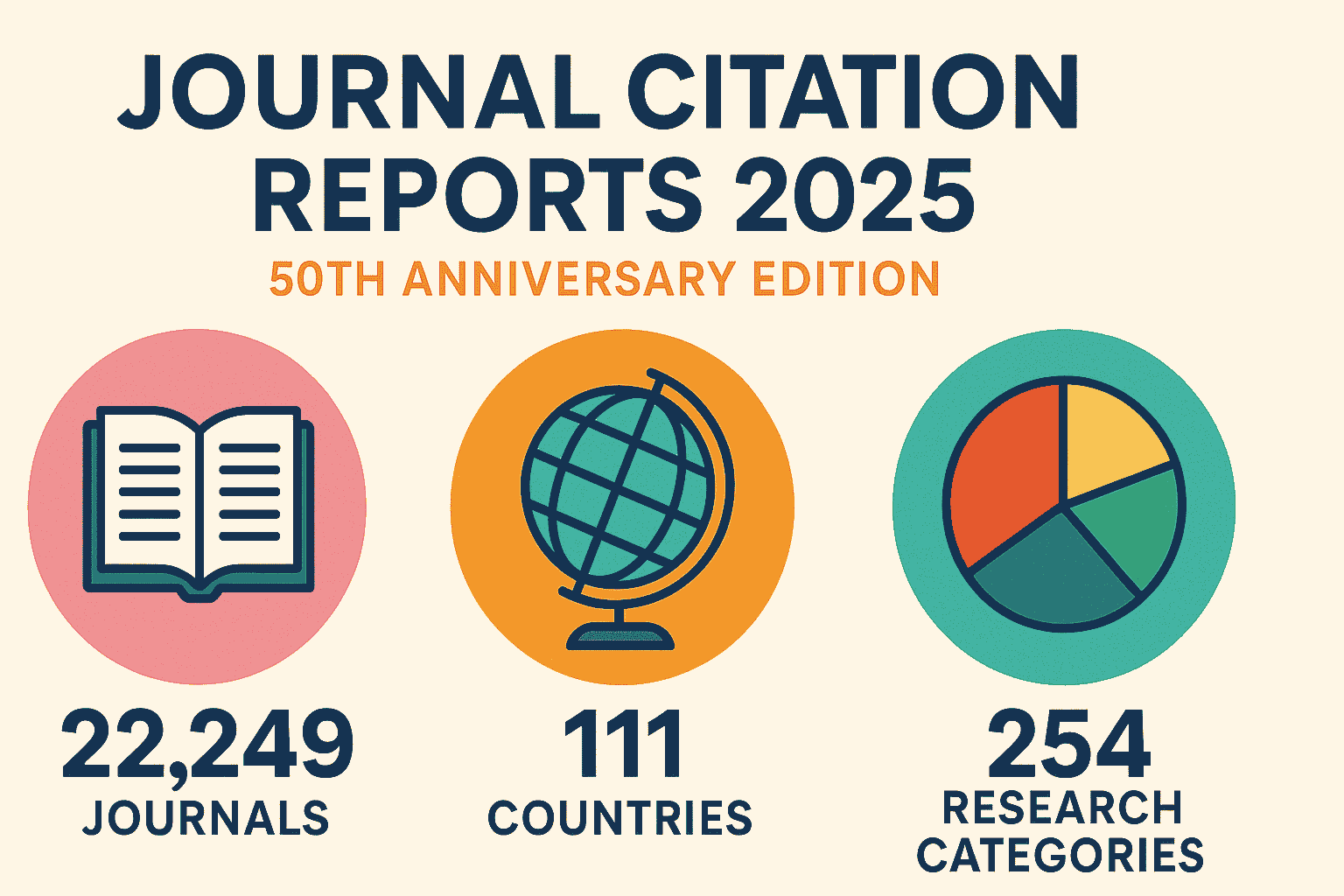Science, Volume 389, Issue 6766, Page 1188-1189, September 2025. Summary Without specific content from the referenced Science journal, I can only provide a generalized summary. Volume 389, Issue 6766 of Science, published in September 2025, likely contains a collection of peer-reviewed Read More
Tags :Clues
Flies, beetles, wasps, and other creatures from the Cretaceous reveal ecosystems details of the Gondwanan supercontinent Summary Fossil insects from the Cretaceous period, including flies, beetles, and wasps, are providing valuable insights into the ecosystems Read More
Science, Volume 389, Issue 6763, Page 866-867, August 2025. Summary Please provide me with the content you want me to summarize. I need the text from the Science journal, Volume 389, Issue 6763, Page 866-867, August 2025 to give you a 100Read More
Cosmic butterfly reveals clues to Earth's creation – New Study/Science
Clues about how worlds like Earth may have formed have been found buried at the heart of a spectacular “cosmic butterfly.” With the help of the James Webb Space Telescope, researchers say they have made Read More
Katie Burns is helping reveal the immune system’s role in the long-neglected disease Summary Katie Burns is pioneering research into mastocytosis, a rare disease where mast cells accumulate abnormally, causing diverse symptoms. She’s Read More
Low-oxygen air both prevented and reversed symptoms in a mouse model of Parkinson’s disease. Scientists at the Broad Institute and Mass General Brigham have discovered that placing mice with Parkinson’s-like disease in a Read More
By studying the leopard-like spots on rocks from Earth and Mars now, scientists will be ready to analyze returned space samples when they arrive. In 2024, NASA’s Perseverance rover retrieved an unusual rock sample from Read More
Possible genetic clues to ME/chronic fatigue syndrome identified in massive
DNA analysis of more than 15,500 people with the debilitating condition identifies eight tentative “genetic signals” Summary A large-scale DNA study involving over 15,500 individuals suffering from a debilitating condition has identified eight potential genetic markers associated Read More
New study reveals surprising clues about the beginning of subduction
Subduction, a crucial geological process on Earth, may have begun hundreds of millions of years earlier than traditionally believed. Summary New research suggests that subduction, where one tectonic plate slides beneath another, could have started Read More
It has long been established that emotions reflect in our voice—this helps us communicate more purposefully and gives listeners cues as to how they should interpret what we say. But what emotions predominate in Read More







